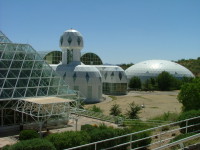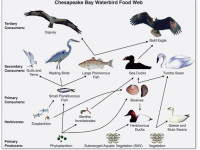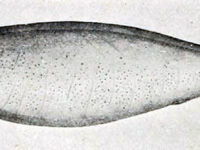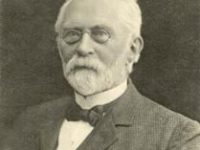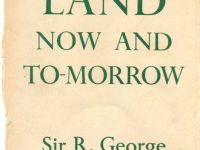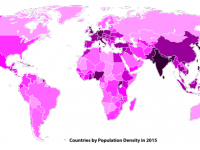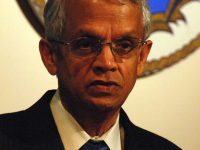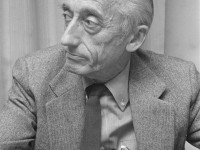The Biosphere 2 Missions – Failures and Lessons Learned
On September 26, 1991, the first mission of Biosphere 2 began. Biosphere 2 is an Earth systems science research facility located in Oracle, Arizona, built to be an artificial, materially closed ecological system, or vivarium. It remains the largest closed system ever created. Biosphere 2 in Oracle, Arizona Biosphere 2 was constructed between 1987 and 1991 by Space Biosphere Ventures and was named Biosphere 2 because it was meant to be the…
Read more

